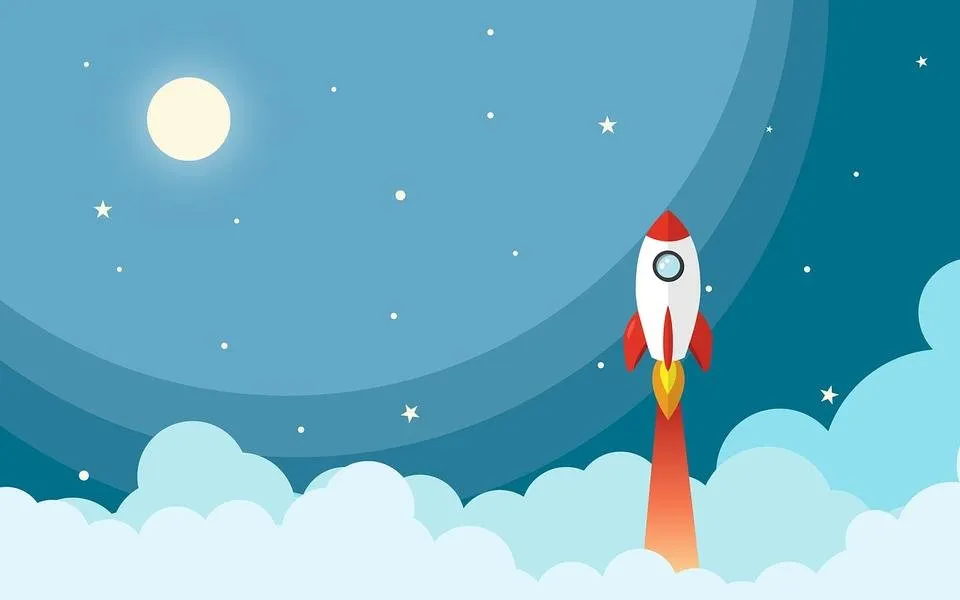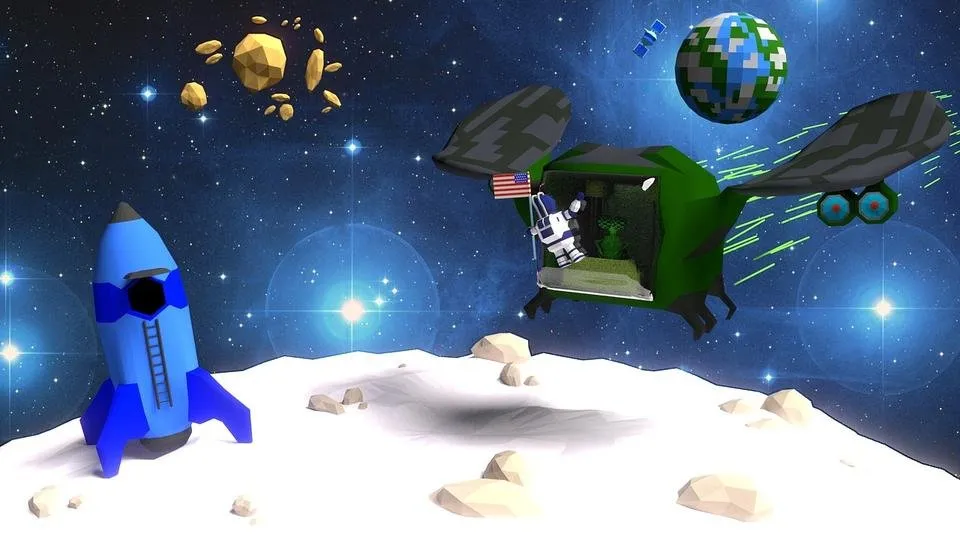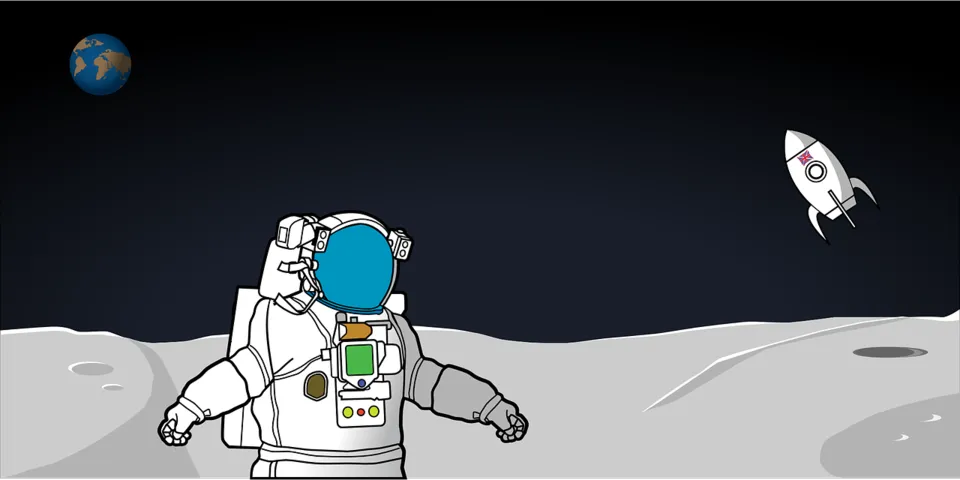
Whenever there are talks of us humans colonising one of the heavenly bodies out there, the first thought is always Mars. In fact, a lot of the work in progress right now is intended for the colonisation of Mars.
The moon, our natural satellite, which is much closer to us (142 times closer) than Mars, has for some reason, been forgotten since 1972, which was the year we last landed humans on the moon.
One might wonder why we suddenly stopped going to the moon. Elon Musk certainly asks this question as he once said in an interview, “We should have had a Moon colony by now, what’s going on?”
Anyways, thanks to a recent resurgence of interest in manned space exploration, we might now finally be starting the process of our first colonisation efforts. And unlike what we are used to hearing, it might begin with our Moon.
Blue Origin - Kickstarting Space Colonisation?

Blue Origin has been very active lately in their endeavours to finally make space, that promised final frontier. Just recently I wrote about how they are planning to kickstart space tourism pretty soon with tickets on sale in 2019.
Now, the company’s business development director, A.C. Charania, has said that they plan to launch a lander mission on the Moon before 2023, to prepare for manned missions from there on.
Blue Origin has a project called “Blue Moon” whose mission will be to colonise the Moon starting in 2020s, along with an Amazon like delivery service to the Moon. Sounds pretty futuristic right?
We might finally be approaching that much awaited time in our history when humanity finally ventures out officially to establish permanent presence out there in space. Will 2023 be that year?
Benefits of Colonising Moon

There are so many different missions directed towards this goal by several government as well as private companies, but one might question the benefits of maintaining a permanent human presence on a barren world.
Well, for starters, Moon could serve as a really ideal pitstop for deep space journeys. One day it could serve as a station for refuelling or maintenance of spaceships. Thanks to its low gravity, it is much easier to launch rockets into space and it might also end up being cheaper with locally sourced fuel.
Some things can only be learned by actually doing them, and the moon can be a laboratory of sorts to see what it is like to try to colonise a totally different and inhabitable world. This includes so many different aspects like, how it affects our health, our energy needs, food, shelter, among the most important.
The lessons learned could then be applied in future missions to more distant planets. Not only that, all that technological innovation that will be required for space colonisation, will ultimately find its way in our daily lives as well just like how it has in the past.